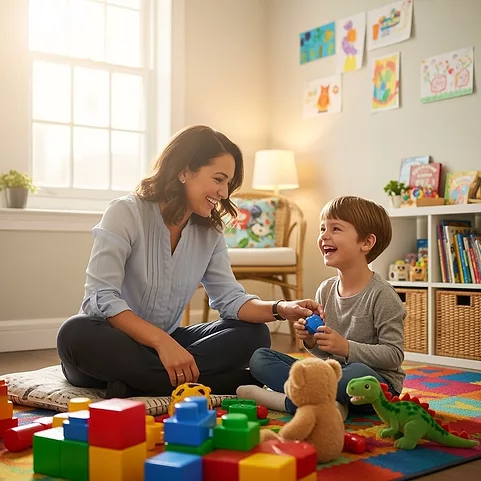Exercise Not Only Good for Children’s Overall Health, It’s Good for their Brains
Subject:
Exercise
Short Description:
Exercise Not Only Good for Children’s Overall Health, It’s Good for their Brains
Background:
Exercise is good for the brain as well as the body—we’ve known for several years that this is true for adults, but a new study indicates it’s true for children, too.
To test the hypothesis that exercise could improve cognitive function in kids, researchers randomly assigned 221 children, ages 8 to 9, to either a nine-month afterschool physical activity program or to a wait-list control group. The children assigned to the Fitness Improves Thinking in Kids (FITKids) program spent a total of two hours every day after school for 150 days of a school year doing a combination of moderate to vigorous exercise and less vigorous skills games. Children participated in brief, age-appropriate activities such as jumping jacks, throwing, and catching—moving to various stations targeting aerobic activities, muscular strength and endurance, or movement.
Children took both a pretest prior to starting the intervention and a posttest when the program ended to measure changes in both mental and physical fitness. In addition to improvements in physical conditioning, such as maximal oxygen consumption, children who took part in the exercise group did much better overall on measures of attentional inhibition (the ability to restrict distractions or habits to maintain focus) and cognitive flexibility (the ability to multi-task). While children in both groups improved, the children in the exercise program had greater improvement in both inhibition (3.2% more than control) and cognitive flexibility (4.8% more than control). Improvements were greater in children who attended the exercise program most often (Hillman CH et al, Pediatrics 2014;134(4):e1063–1071).
CCPR’s Take: Kids and their parents should know that being fit can translate to better attention, decision-making ability, and brain function. The study should also give pause to educators about reducing physical activity during the school day, such as recess time, in an attempt to increase academic achievement.
Newsletters
Please see our Terms and Conditions, Privacy Policy, Subscription Agreement, Use of Cookies, and Hardware/Software Requirements to view our website.
© 2025 Carlat Publishing, LLC and Affiliates, All Rights Reserved.


_-The-Breakthrough-Antipsychotic-That-Could-Change-Everything.webp?t=1729528747)



